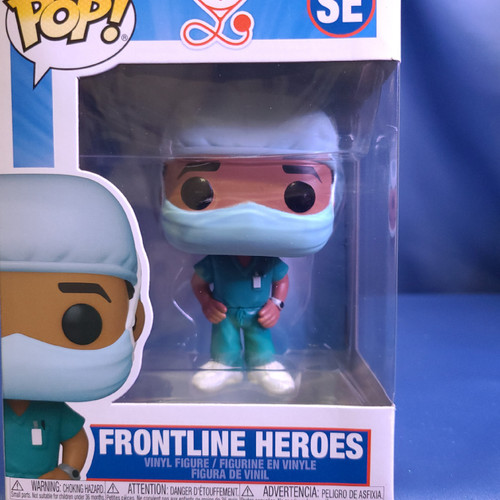Nurses
Nursing is a profession within the health care sector focused on the care of individuals, families, and communities so they may attain, maintain, or recover optimal health and quality of life. Nurses may be differentiated from other health care providers by their approach to patient care, training, and scope of practice. Nurses practice in many specialties with differing levels of prescription authority. Many nurses provide care within the ordering scope of physicians, and this traditional role has shaped the public image of nurses as care providers. However, Nurse Practitioners are permitted by most jurisdictions to practice independently in a variety of settings. In the postwar period, nurse education has undergone a process of diversification towards advanced and specialized credentials, and many of the traditional regulations and provider roles are changing.
Nurses develop a plan of care, working collaboratively with physicians, therapists, the patient, the patient's family and other team members, that focuses on treating illness to improve quality of life. In the United States and the United Kingdom, advanced practice nurses, such as clinical nurse specialists and nurse practitioners, diagnose health problems and prescribe medications and other therapies, depending on individual state regulations. Nurses may help coordinate the patient care performed by other members of a multidisciplinary health care team such as therapists, medical practitioners and dietitians. Nurses provide care both interdependently, for example, with physicians, and independently as nursing professionals.
A Registered Nurse (RN) is a nurse who has graduated from a nursing program and met the requirements outlined by a country, state, province or similar licensing body to obtain a nursing license. An RN's scope of practice is determined by legislation, and is regulated by a professional body or council.
Registered nurses are employed in a wide variety of professional settings, and often specialize in a field of practice. They may be responsible for supervising care delivered by other healthcare workers, including student nurses, licensed practical nurses, unlicensed assistive personnel, and less-experienced RNs.
Registered nurses must usually meet a minimum practice hours requirement and undertake continuing education to maintain their license. Furthermore, there is often a requirement that an RN remain free from serious criminal convictions.
A licensed practical nurse (LPN) in much of the United States, and most Canadian provinces is a nurse who cares for people who are sick, injured, convalescent, or disabled. LPNs work under the direction of registered nurses or physicians. In the United States however, California and Texas refer to them as a licensed vocational nurse (LVN).
Equivalent professions outside the United States are "registered practical nurse" (RPNs) in the Canadian province of Ontario, "enrolled nurses" (ENs) or "Division 2 nurses" in Australia, Hong Kong and New Zealand, and formerly "state enrolled nurses" (SENs) in the United Kingdom.
A person can generally become an LPN with two years of training; all U.S state and territorial boards also require passage of the NCLEX-PN exam.



